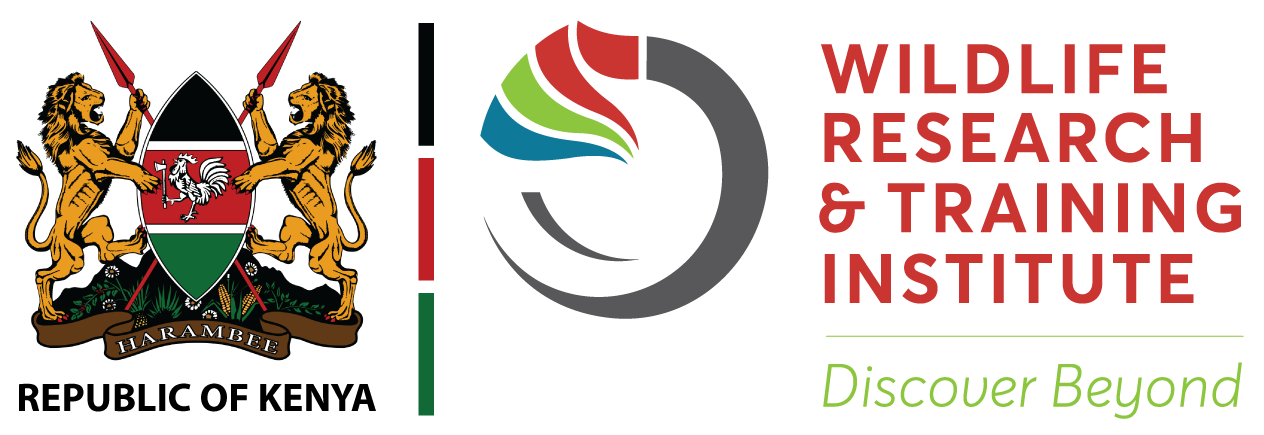On October 30, 2024, the Wildlife Research and Training Institute (WRTI), in collaboration with the Jaramogi Oginga Odinga University of Science and Technology (JOOUST) and the UNEP-International Ecosystem Management Partnership (UNEP-IEMP) based in Beijing, launched an ambitious rehabilitation project targeting the Nzoia River banks. This initiative, funded by the Chinese Academy of Sciences through its Sino-Africa Joint Research Center, aims to restore degraded riverbanks along the Nzoia River in the Sigiri area of Busia County, Western Kenya. The project, which also received support from the County Government of Busia, is a strategic response to pressing climate change challenges and aligns with the Kenya National Bamboo Policy 2022, as well as the country’s 15 Billion Tree initiative.
The event witnessed the gathering of diverse stakeholders, including local community members, government officials, and representatives from local administration, reflecting the project’s emphasis on inclusive and community-driven restoration efforts. With the degradation of riverbanks posing significant threats to ecosystems, agricultural productivity, and local communities, the project is set to transform 25 hectares of compromised land through bamboo planting over the next three years. This intervention aims to enhance environmental resilience, prevent soil erosion, and ultimately contribute to the livelihoods and wellbeing of the communities along the Nzoia River Basin.
The Nzoia River Basin faces numerous challenges, including soil erosion, unpredictable flooding, and habitat loss. These issues not only threaten the river’s ecosystem but also impact the lives of local communities who rely on the river for water, farming, and fishing. The degradation of the Nzoia Riverbanks exacerbates these vulnerabilities, with sediment accumulation altering the river’s flow and contributing to recurrent flooding. Additionally, as climate change intensifies, communities along the river are increasingly exposed to extreme weather events and reduced agricultural productivity.
Bamboo, with its dense root system, offers a sustainable solution to these challenges. Known for its rapid growth and ability to stabilize soil, bamboo reduces soil erosion and enhances water retention. Its roots form a network that binds soil particles, preventing them from being washed away by heavy rains and river currents. This characteristic makes bamboo an ideal candidate for riverbank rehabilitation, particularly in flood-prone areas like Sigiri. The project’s emphasis on bamboo aligns with global best practices in ecosystem restoration, which prioritize the use of native and resilient plant species to combat environmental degradation.
The rehabilitation project is well-aligned with the Kenya National Bamboo Policy 2022, which promotes bamboo as a key component of the country’s climate change adaptation and mitigation efforts. Recognizing bamboo’s environmental benefits, the policy encourages the integration of bamboo planting into national reforestation and land restoration programs. Furthermore, the project supports Kenya’s 15 Billion Tree initiative, which aims to increase the country’s forest cover and enhance biodiversity conservation. By restoring degraded lands and promoting sustainable land use practices, the Nzoia River rehabilitation project contributes to Kenya’s ambitious climate goals and enhances the resilience of vulnerable ecosystems.
Central to the project’s success is the involvement of local communities in all stages of the restoration process. During the launch event, community members expressed their commitment to nurturing the newly planted bamboo seedlings and participating in ongoing monitoring efforts. The project intends to empower the community by providing training on sustainable bamboo cultivation and maintenance. By creating employment opportunities and fostering a sense of environmental stewardship, the project not only restores degraded land but also supports the socio-economic development of the local population.
Beyond environmental benefits, the project holds significant economic potential. Once established, bamboo can serve as a source of income for local communities through the sale of bamboo-based products. From construction materials to handicrafts, bamboo offers a variety of uses that can create value chains and stimulate local economies. The project plans to establish monitoring plots to assess bamboo’s growth rates, soil stabilization effectiveness, and potential economic returns. This data will be crucial in determining the viability of bamboo as an alternative crop and in developing strategies for scaling up bamboo cultivation across other regions in Kenya.
To enhance the ecological diversity of the restored areas, the project incorporates other vegetation types alongside bamboo, including Grevillea, bananas, and vegetables. Grevillea, a hardy tree species, complements bamboo’s soil stabilization properties, while banana plants contribute to food security and provide additional income streams for local farmers. Vegetables planted along the riverbanks create a multi-layered ecosystem that supports biodiversity and improves soil health. This mixed-species approach is a hallmark of the project’s commitment to sustainable restoration, ensuring that the rehabilitated areas remain resilient and productive over time.
The rehabilitation project includes the establishment of monitoring plots to assess the impact of bamboo and associated vegetation on soil stability, water retention, and overall ecosystem health. JOOUST, a key partner in the project, will lead the monitoring efforts, collecting data on bamboo growth rates, root spread, and soil stabilization capacity. This data will inform future restoration initiatives and contribute to a broader understanding of bamboo’s role in ecosystem rehabilitation.
By fostering collaboration between academic institutions, government bodies, and international organizations, the Nzoia River rehabilitation project represents a holistic approach to environmental conservation. The insights gained from this initiative will serve as a blueprint for similar restoration projects across Kenya and beyond, demonstrating the value of nature-based solutions in addressing climate change and supporting sustainable development.
The rehabilitation of the Nzoia Riverbanks through bamboo planting is a transformative project that addresses critical environmental challenges in Western Kenya. By combining scientific research, community engagement, and policy support, the project embodies a sustainable model for restoring degraded ecosystems. As the project unfolds over the next three years, its impact on the local environment, economy, and community will serve as a testament to the power of collaboration and the potential of bamboo as a tool for ecological restoration. Through this initiative, the Nzoia River Basin stands poised to become a symbol of resilience, sustainability, and hope for a greener future.
